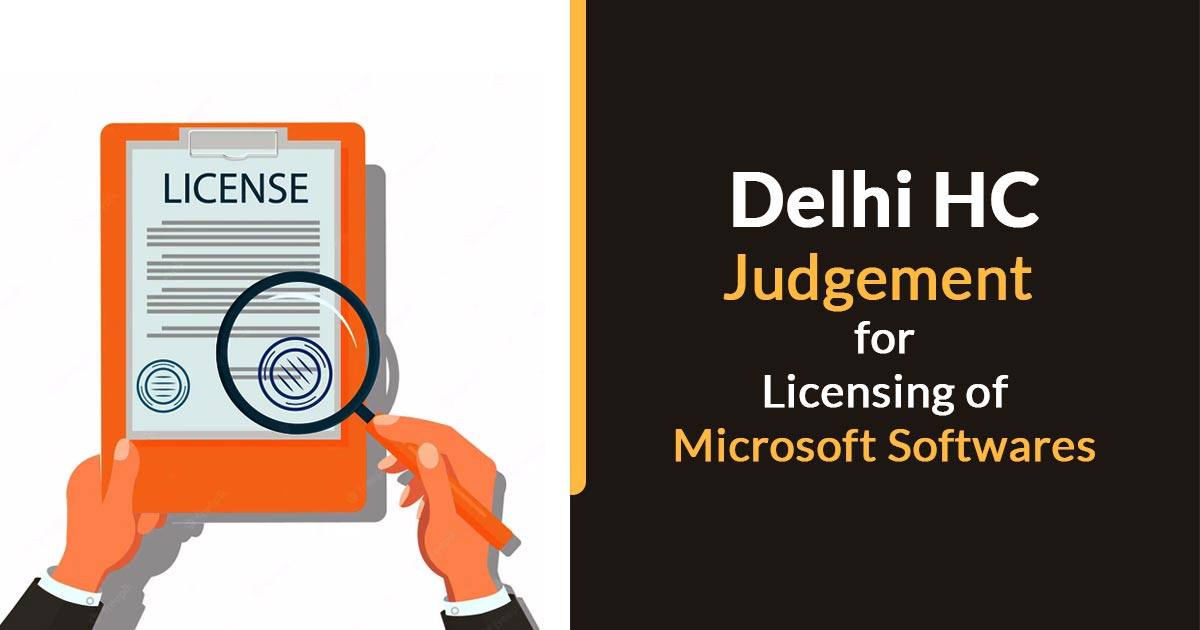
A Delhi High court division bench has mentioned the software licensing of Microsoft products within the Indian region are not applicable with the taxes as per the Indian royalty section 9(1)(vi) of the Act read with Article 12 of the Indo US DTAA.
The Revenue dept contended the decision of Tribunal in the High court saying that the distribution model of the respondent, as well as the assessee within the case, are generating multiple software copies thus doing copyright transfer.
After listening to the counsel for the applicant, the division comprises Justices Manmohan and Sudhir Kumar Jain revealed that the problem arrived in the appeal is no more passed upon as the Supreme court in Engineering Analysis Centre of Excellence Private Limited vs. Commissioner of Income Tax and Anr, in which it pointed that the amounts furnished by the resident Indian end-users to nonresident computer software suppliers, as acknowledgement for the resale of the computer software via EULAs/distribution agreements do not come beneath the payment of royalty towards the use of the copyright in the computer software.
The bench additionally depends on the judgment of the same Court on identical facts in EY Global Services Limited vs. Assistant Commissioner of Income Tax &Anr carried that the payment received by EYGSL (UK) for providing access to computer software to its member enterprises of EY Network located in India, that is, EYGBS (India), will not amount to ‘royalty’ responsible to be taxed in India beneath the provisions of the Income Tax Act, 1961 and the India-UK DTAA.
Read Also: High GST Rate Applicable for Licensed Software’s DVDs & CDs: AAR
Upholding the order of ITAT for the mentioned rulings, the bench specified that “since the issue of law raised in the present appeals has been conclusively decided in the favour of the assessee by the Supreme Court, no substantial question of law arises for consideration in the present appeals. It is also pertinent to mention that the appellant had admitted before the ITAT that the dispute in question had been decided in favour of the assessee by the Tribunal in earlier years. Accordingly, the present appeals are dismissed.”